Scenario Planning Methodology
The focus on scenario planning is on generating a range of scenarios for the future.

The focus in scenario planning is on generating a range of scenarios for the future.
Contrasting techniques are used in order to challenge established assumptions and stimulate creativity. Participants have a limited amount of pre-work, including short interviews, with most of the creative and analytical work undertaken in the workshop.
A workshop is likely to take place over two or three days, and should be residential in order to benefit from group dynamics and to allow informal evening work. Activities comprise a mix of small groups and plenary sessions. This is greatly assisted by including at least twelve participants.
We often recommend participants to read The Mind of a Fox as a preparation.
It is generally accepted that people anticipate more change than actual over a period of two years, but significantly less change than actual over a period of ten years. One way of understanding the process of change and types of influence is to study the historical development in an area over the same period in the past as is intended for study in the future. An ideal period to consider is ten years.
Different political, economic, environmental and social environments, demography and technological developments will be considered to identify those things that we cannot control – both those that we can forecast (the rules of the game) and those that we cannot. From these, participants will select those uncertainties judged to be key to the development of scenarios.
The route to each scenario will be mapped and leading indicators identified which will in future give an early insight into which path is developing.
During the process participants will be introduced to and instructed in creative and decision-making processes. The main tools will be Post-It notes, record cards and flip charts.
The facilitator will manage a logical process, but will encourage creativity and lateral thinking. Wherever possible, small groups will adopt contrasting approaches to report back to plenary sessions for discussion and integration. To stimulate thinking and maximise the wealth of information generated he will repeatedly ask participants to propose a wild card. "What could happen that nobody was expecting?"
Brefi Group Limited
Unit 11 BSC, Hood Road
Barry CF62 5QN
United Kingdom
Reg. No. 1669333
Copyright 2024 Brefi Group Limited. All Rights Reserved
